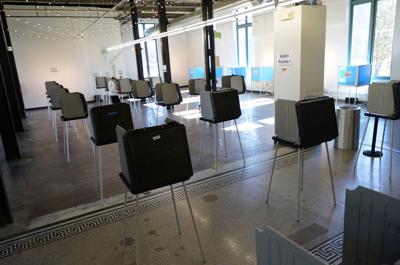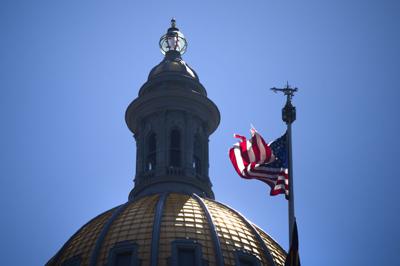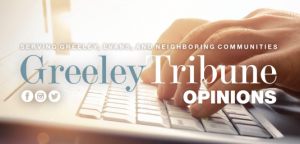DENVER — Legislative Democrats are poised to kill a Republican effort to increase transparency for their constituents where fees and spending are concerned.
While Colorado Democrats and Governor Jared Polis continue to tout new state and federal regulations that went into effect Jan. 1 requiring all emergency medical costs to be disclosed before a patient is treated, an opaque charge collected on hospital stays, passed under previous Democrat legislation isn’t getting the same reception.
The fallout is leading two GOP lawmakers to call foul on their Democrat counterparts for not requiring government to follow the same transparency rules they force private industry into.
Senate Bill 22-038, the “Healthcare Affordability and Sustainability Fee,” sponsored by Sen. Jerry Sonnenberg, R-Sterling has been assigned to the State Veterans & Military Affairs Committee, where ideas that majority Democrats don’t agree with go to die.
It’s dubbed the “kill committee” because it’s where Senate leadership sends bills it doesn’t want debated among all the senators on the floor.
Click (HERE) to continue reading this story





